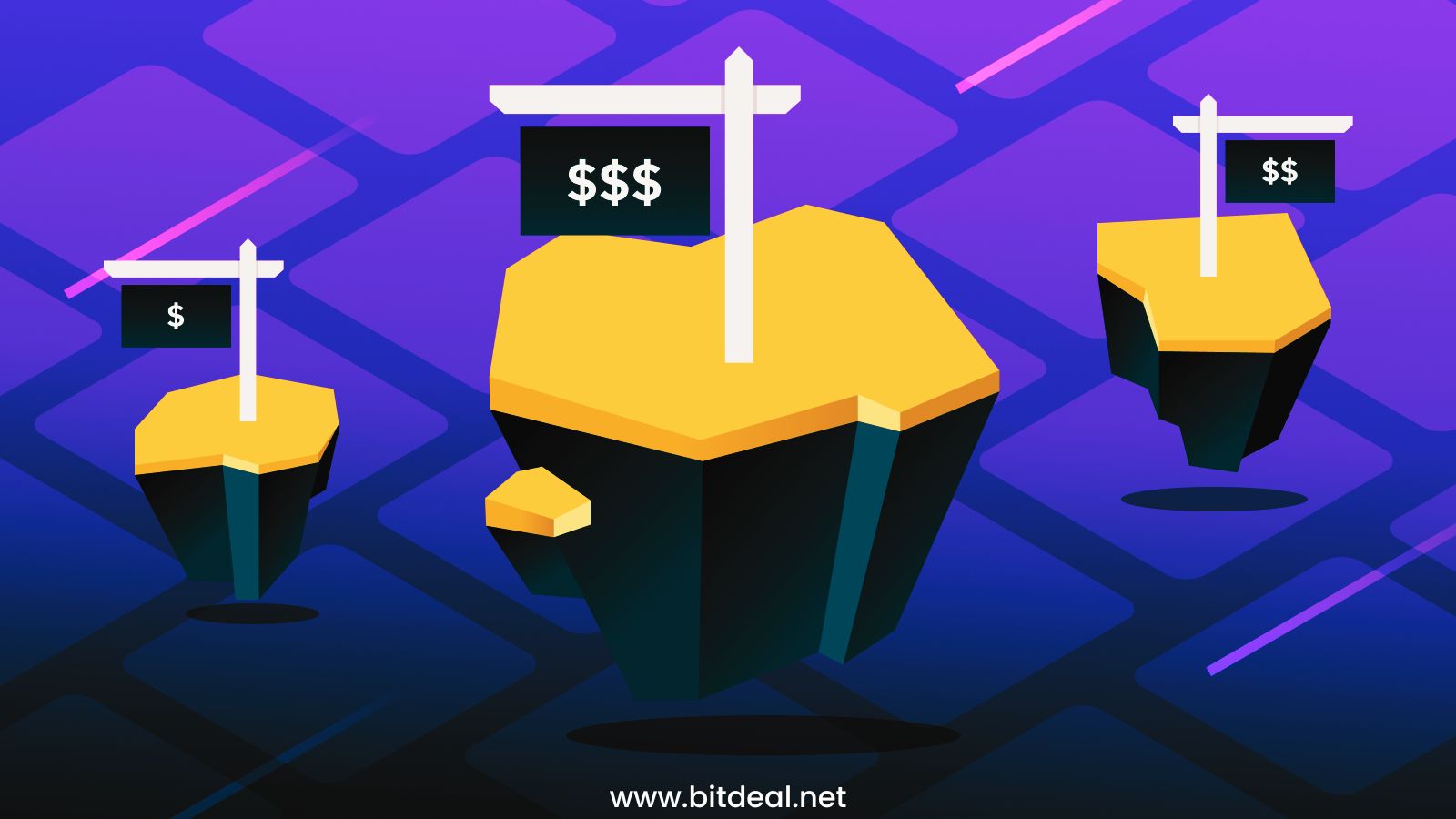Introduction
The metaverse, a virtual universe where users can interact with a computer-generated environment and other users, has become an intriguing concept that holds tremendous promise for the future. At the heart of this virtual realm lies the metaverse land, a digital landscape where creativity, innovation, and connectivity converge. In this blog, we explore the future of Metaverse development and its potential to reshape various aspects of our lives. From the rise of digital economies to transformative social experiences, let's embark on a journey to discover the endless possibilities that lie ahead.
Metaverse Land: The New Era of Digital Real Estate
Metaverse land serves as the foundation for the metaverse, offering users an opportunity to stake their claim in the digital realm. Just as physical land has value and significance in the real world, metaverse land carries immense potential in the digital space. Users can purchase, develop, and monetize virtual parcels, enabling them to build unique structures, establish businesses, and create virtual communities. The ownership of metaverse land has become a form of digital asset, with individuals and organizations investing in this new frontier. As the metaverse evolves, we can anticipate the emergence of dynamic virtual real estate markets, where virtual land transactions and development shape the metaverse landscape.
Metaverse Land and the Birth of Virtual Economies
With the expansion of the metaverse, virtual economies are poised to flourish. Metaverse land opens up a world of opportunities for entrepreneurship and economic growth. Users can create and sell virtual products, services, and experiences within their virtual properties. This gives rise to a vibrant marketplace where digital goods and services are exchanged, creating new business models and revenue streams. However, the development of virtual economies within the metaverse also presents challenges. Ensuring secure transactions, protecting intellectual property rights, and maintaining a fair and transparent ecosystem will be vital for the sustainable growth of these economies.
The Fusion of Gaming and Metaverse Land
Gaming has been a driving force behind the evolution of the metaverse, and virtual land plays a central role in enhancing the gaming experience. Metaverse Land provides gamers with an immersive canvas to explore, create, and customize their virtual environments. As the metaverse advances, we can expect an even deeper integration of gaming elements into the metaverse land. This convergence will lead to the creation of cross-platform gaming experiences, interactive virtual sports events, and captivating narratives within the metaverse. Virtual land will become a playground for gamers, enabling them to establish virtual arcades, host competitive tournaments, and develop captivating game worlds that push the boundaries of imagination.
Metaverse Land: A Catalyst for Social Connections
One of the most compelling aspects of the metaverse land is its potential to foster social connections. Similar to how social media transformed communication in the real world, the metaverse has the power to redefine social interactions in the digital realm. Virtual land serves as a gathering place where individuals can come together, socialize, and engage with others across borders and time zones. Virtual parties, concerts, and collaborative projects are just a few examples of the rich social experiences that metaverse land can offer. By transcending physical limitations and promoting inclusivity, the metaverse land has the capacity to create a sense of belonging, enable shared experiences, and nurture diverse communities.
Metaverse Land: Revolutionizing Education and Learning
The metaverse land holds immense potential for revolutionizing education and learning. Virtual classrooms, interactive simulations, and immersive experiences can be seamlessly integrated within the metaverse, transforming traditional educational approaches. Students can explore historical landmarks, participate in scientific experiments, and collaborate on projects with peers from around the world. The metaverse land has the ability to democratize education, making learning more accessible, engaging, and inclusive. As educators and institutions embrace the metaverse, new pedagogical methods will emerge, fostering a learner-centric approach that empowers students to actively engage with knowledge and gain practical skills.
Conclusion
The future of metaverse land is a world of boundless possibilities. From the development of virtual economies and the integration of gaming experiences to the facilitation of social connections and the transformation of education, the metaverse land holds the potential to reshape numerous aspects of our lives. However, as we embark on this digital frontier, it is crucial to address ethical considerations, ensure data privacy, and promote inclusivity to create a metaverse that benefits all. By harnessing the power of metaverse land, we can shape a future where creativity, collaboration, and human connection thrive in a digital landscape that knows no bounds.





